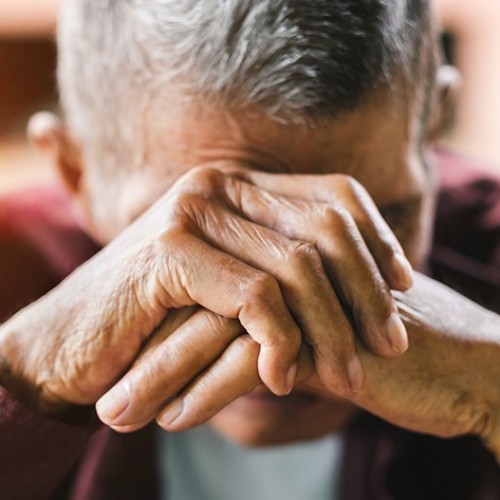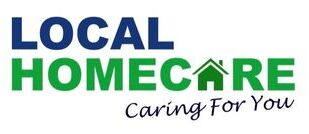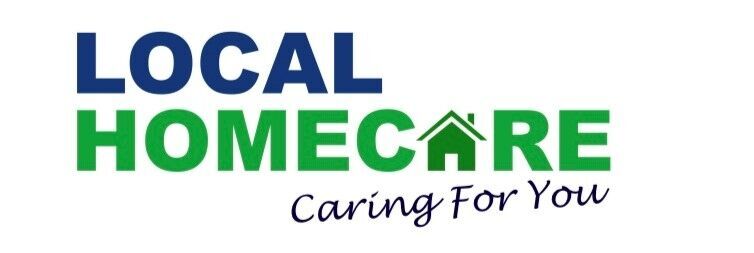
posted 6th June 2023
Elder abuse and neglect is an issue that some people unfortunately have to face. Here, we explain the warning signs, risk factors, and ways to report abuse
Elderly people are often more at risk of abuse due to them becoming more frail and dependent, and often living with more complex needs.
Abuse can often stem from a family carer being overwhelmed by the pressure and stress of having added responsibilities. Alternatively, it can start for no reason other than somebody trying to cause deliberate harm to another person. Financial gain often has a role to play in abuse cases too.
The people most at risk of abuse are;
-People who are socially isolated and spend most of their time alone with a carer
-Living with an illness or dementia
-The elderly persons own tendency to be physically or verbally aggressive
-A history of domestic violence in their home
-An elderly persons role at an earlier time in life, such as being an abusive parent, spouse or other family member
Here, we discuss the warning signs of abuse, the different risk factors and ways to prevent and report abuse.
Physical abuse
Physical abuse is a non-accidental use of force that causes harm, pain or injury to another person. This includes any physical action like hitting, kicking, pinching or scratching. It also includes confinement, restraining somebody and use of inappropriate use of drugs.
Physical signs to look out for are
-Bruises
-Red marks
-Cowering at other peoples movements
If you are concerned for a persons safety, contact their social worker or police. If you are a professional carer, contact your employer straight away.
Emotional and psychological abuse
Although emotional and psychological abuse doesn't appear in a physical form like a bruise or cut, it can be one of the most harmful types of abuse as it can often be overlooked.
Verbal forms of abuse
-Humiliation
-Intimidation
-Shouting and threatening a person
-Blaming and accusing a person of something you know they have not done
Non verbal forms of abuse
-Isolating a person from loved ones
-Ignoring a person, making them feel powerless
-Terrorising an elderly person
If you have any suspicions that a person is being emotionally abused, try to gain their trust and speak to them about it.
Sexual abuse
Sexual abuse is defined as any sort of non-consensual sexual contact. This can happen to men and women of all ages.
Sexual abuse includes
-Derogatory name calling
-Refusing to use contraception
-Forcing somebody to watch either pornographic material or sex acts
-Deliberately causing unwanted physical pain during sex
-Knowingly passing on sexually transmitted infections and diseases
-Having sex with somebody without being given consent
-Having sex with somebody who is unable to give consent
-Forcing an elderly person to undress in a derogatory manner
If you believe somebody is being subjected to sexual abuse, look out for
-Bruising around or on the genital area or breasts
-Unexplained bleeding from the genital or anal areas
-Unexplained genital infections
-Difficulties with walking and standing
-Ripped, stained or bloody clothing
“What do I do if I suspect sexual abuse?”
If you believe somebody has been sexually abused, do not wash the person or their clothing. You will also need to act fast and call the police so the appropriate action can be taken.
Financial and material abuse
Financial and material abuse involves the use of an adult’s property, assets or money without their consent or making financial transactions they do not understand. This includes abusing legally appointed powers of Attorney or Guardianship for the appointees own advantage.
If you are concerned about somebody and their financial welfare, contact your local social services so they can investigate and take the appropriate action.
Professional harm
Professional harm is the misuse of power and trust by professionals, this includes; providing poor care or neglect, and failure to act on suspected harm or abuse. If you are concerned about a health care professional not acting appropriately, contact their employer and the elderly person’s social worker.
Self-neglect
When people get older and possibly face long term health conditions, or lose a loved one, people can become depressed and lose their motivation for life. This can end in self-neglect, whether the person realises it or not.
Things to look out for are:
-Dehydration, malnutrition or unusual weight loss
-Untreated physical problems, such as cuts or bed sores
-Uninhabitable conditions in the home. This may include, sleeping in soiled bedding, the house being left dirty, bugs in the home, or wearing soiled and dirty clothing
-Decline in personal hygiene by not washing, brushing their teeth and leaving themselves in dirty clothes.
-Unsafe living conditions with no running water, no heating during the winter months, unsafe electrical wiring or fire hazards
“What can I do if I am concerned someone is being abused?”
If you are concerned a person is being abused, continue to watch out and document any signs that may indicate abuse. Do this privately, do not leave documents in the persons home.
Try talking to the person openly about your concerns, but let them tell you details. Try to avoid asking specific, direct questions which could be seen as “putting words into their mouth”.
If you have any concerns, contact your Local Authority, so they can support the person and ensure they are supported.
If you have immediate concerns that cannot wait, contact the police straight away.





